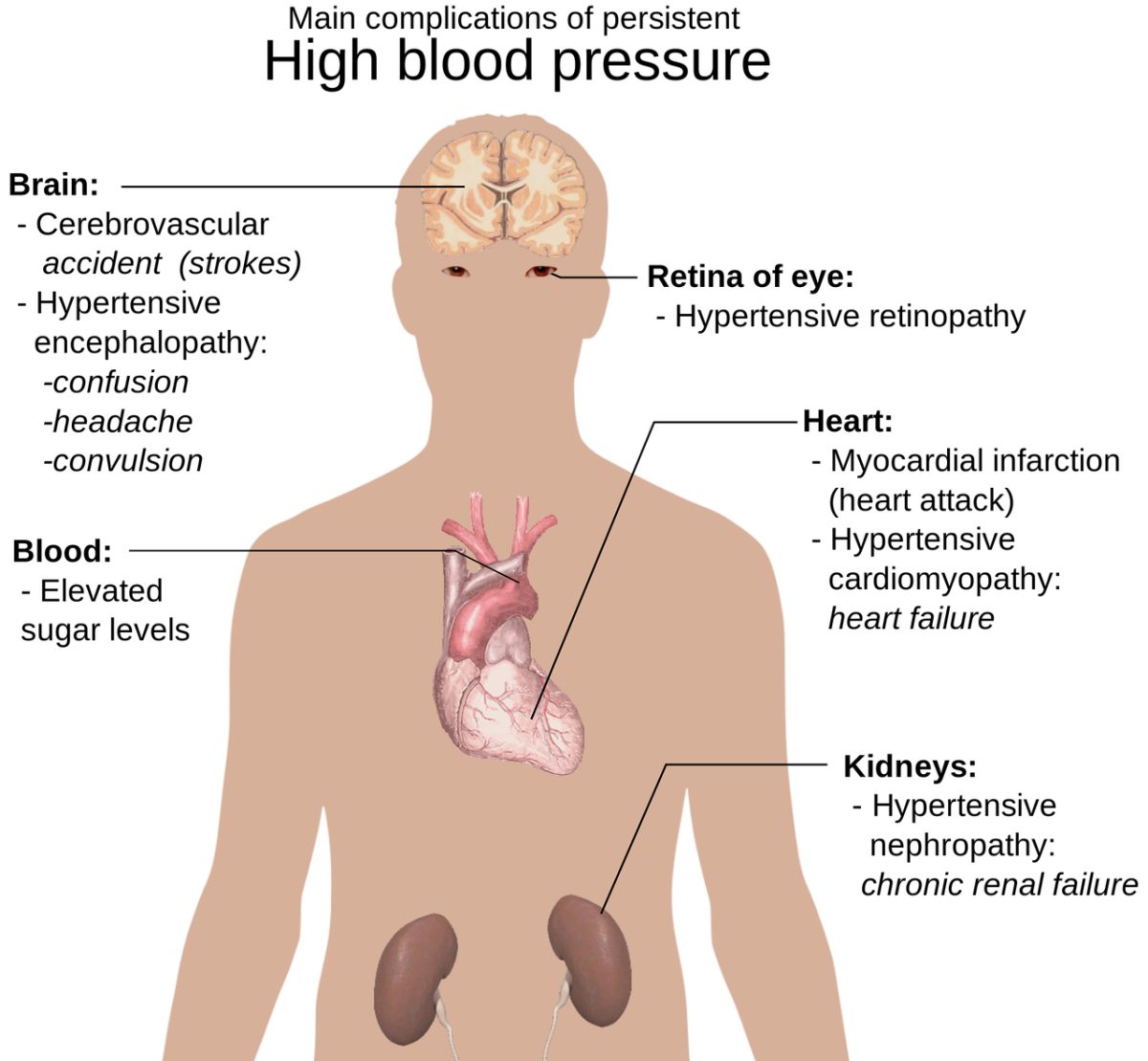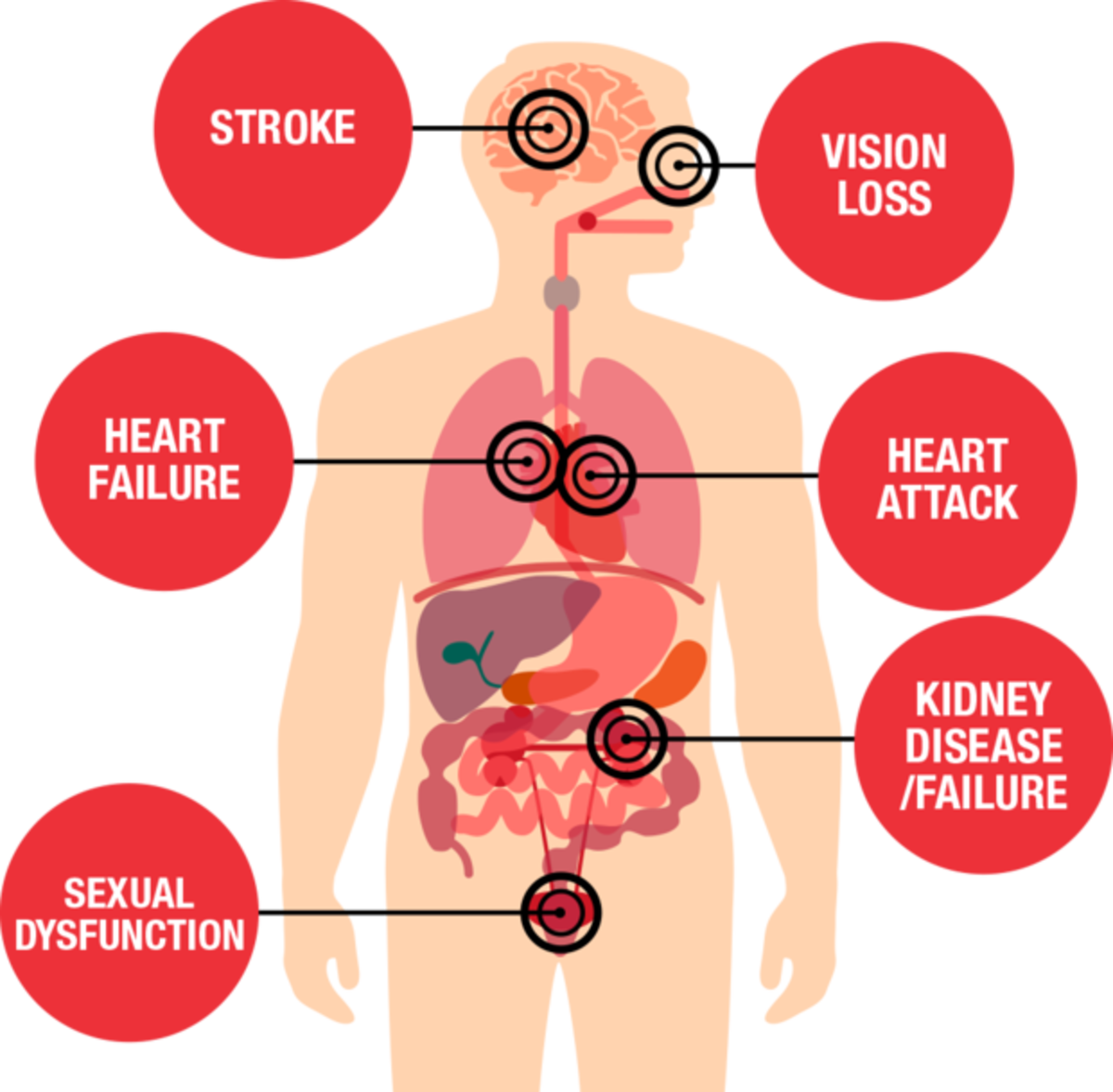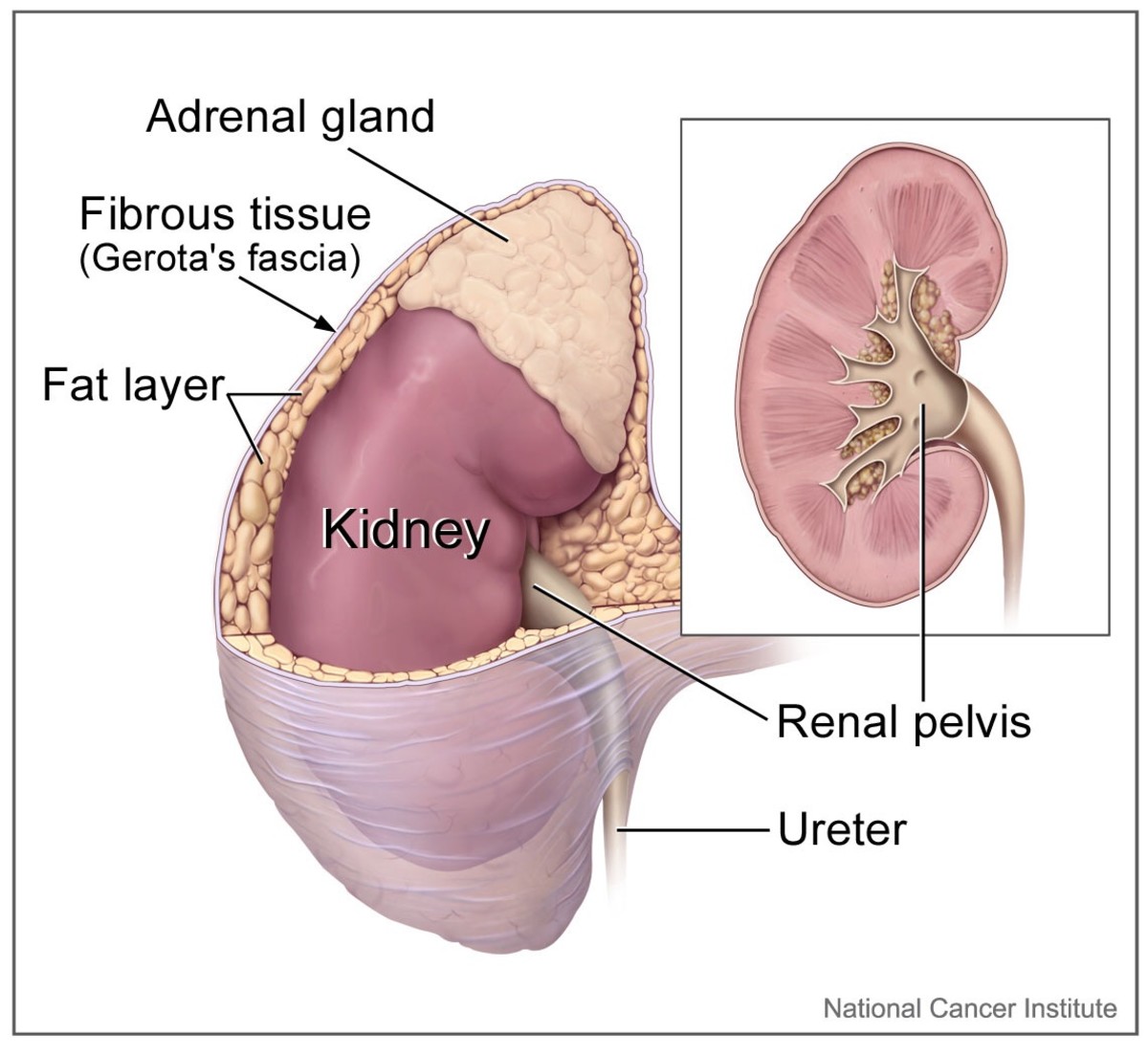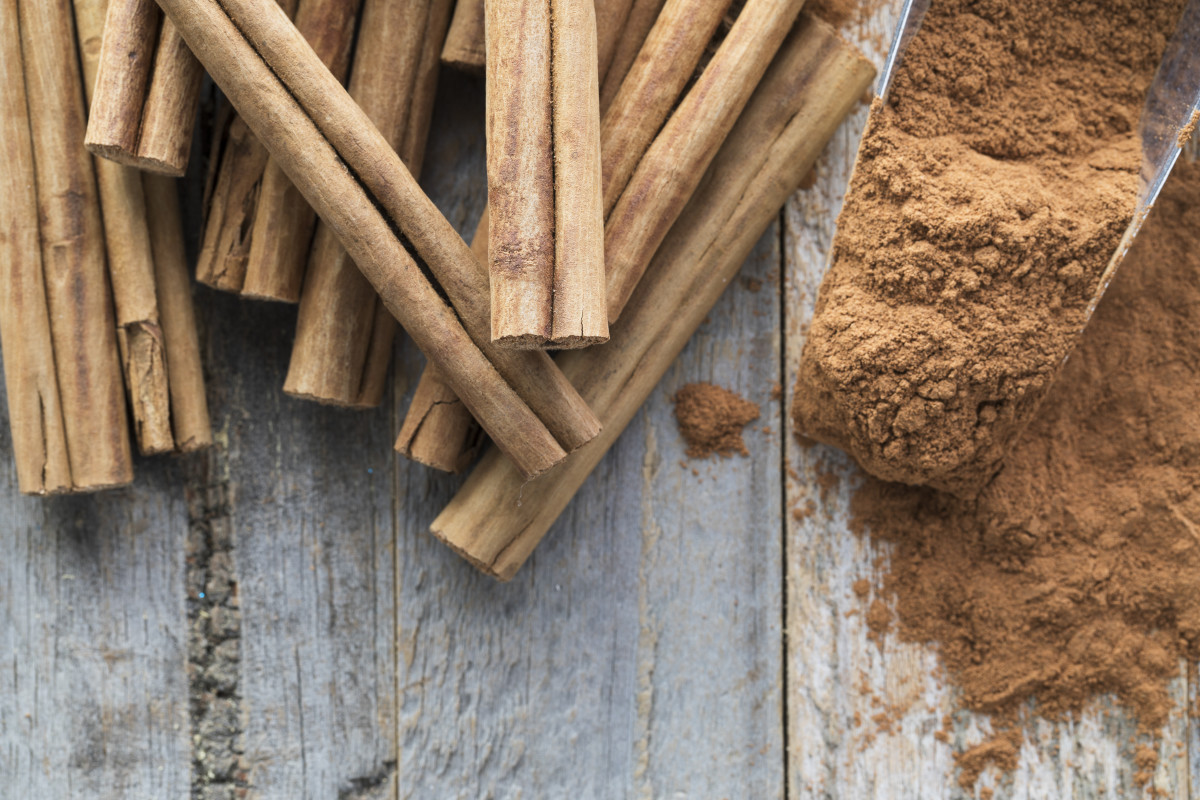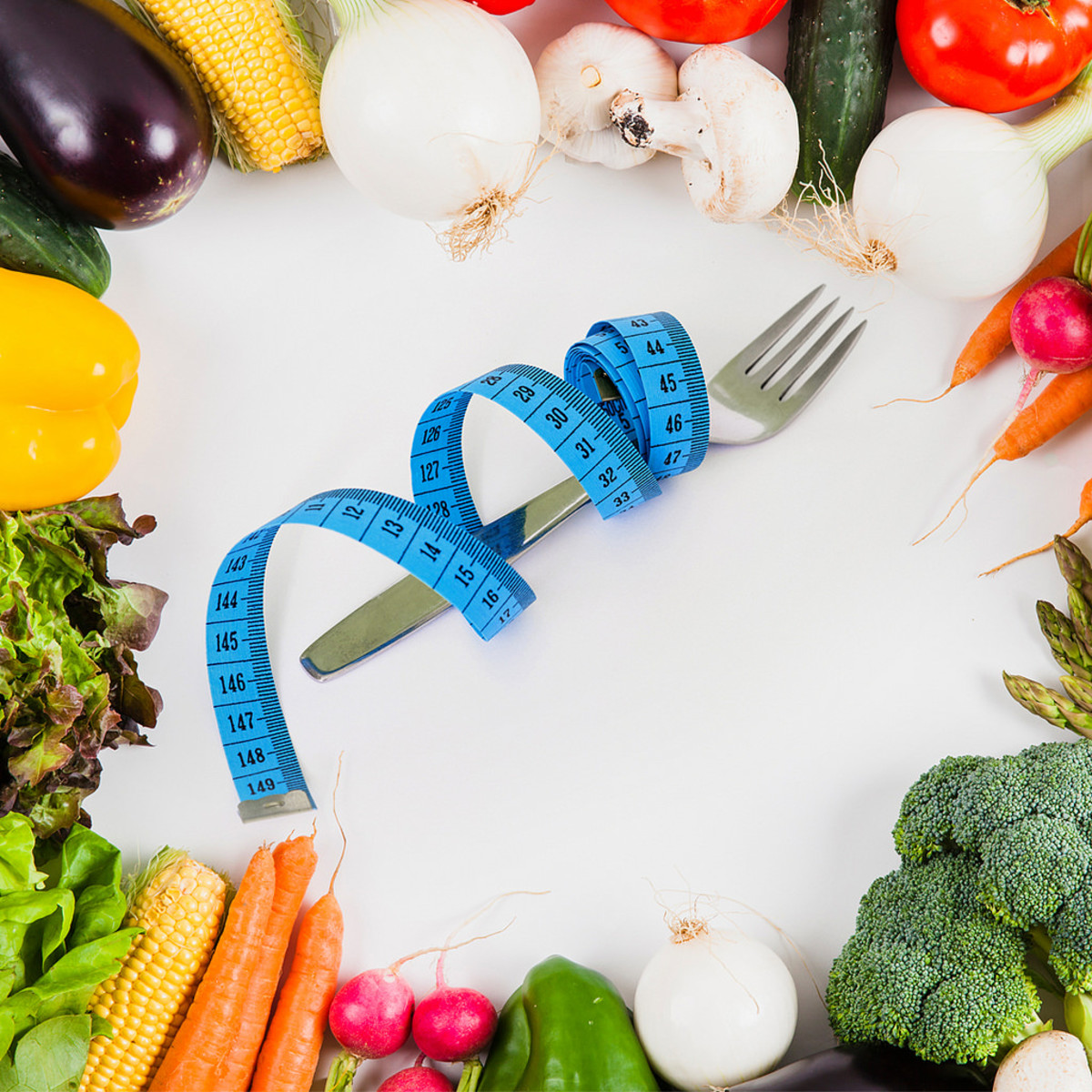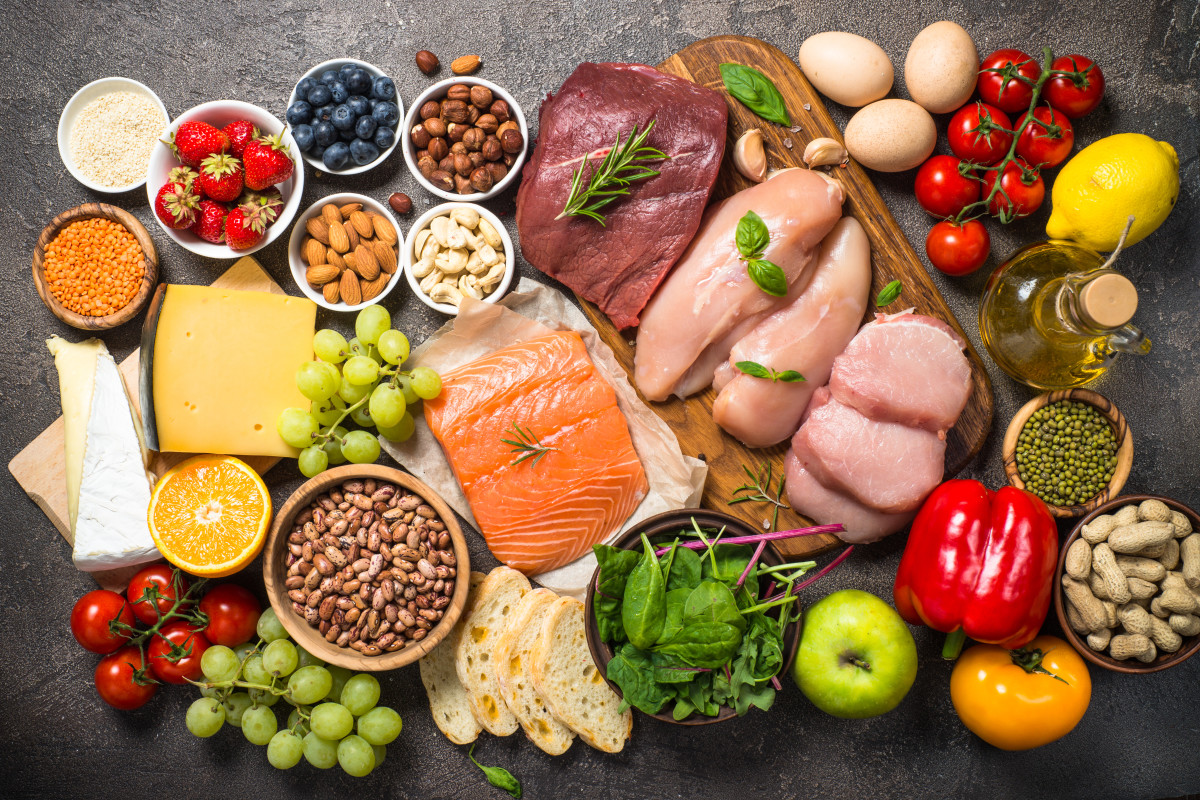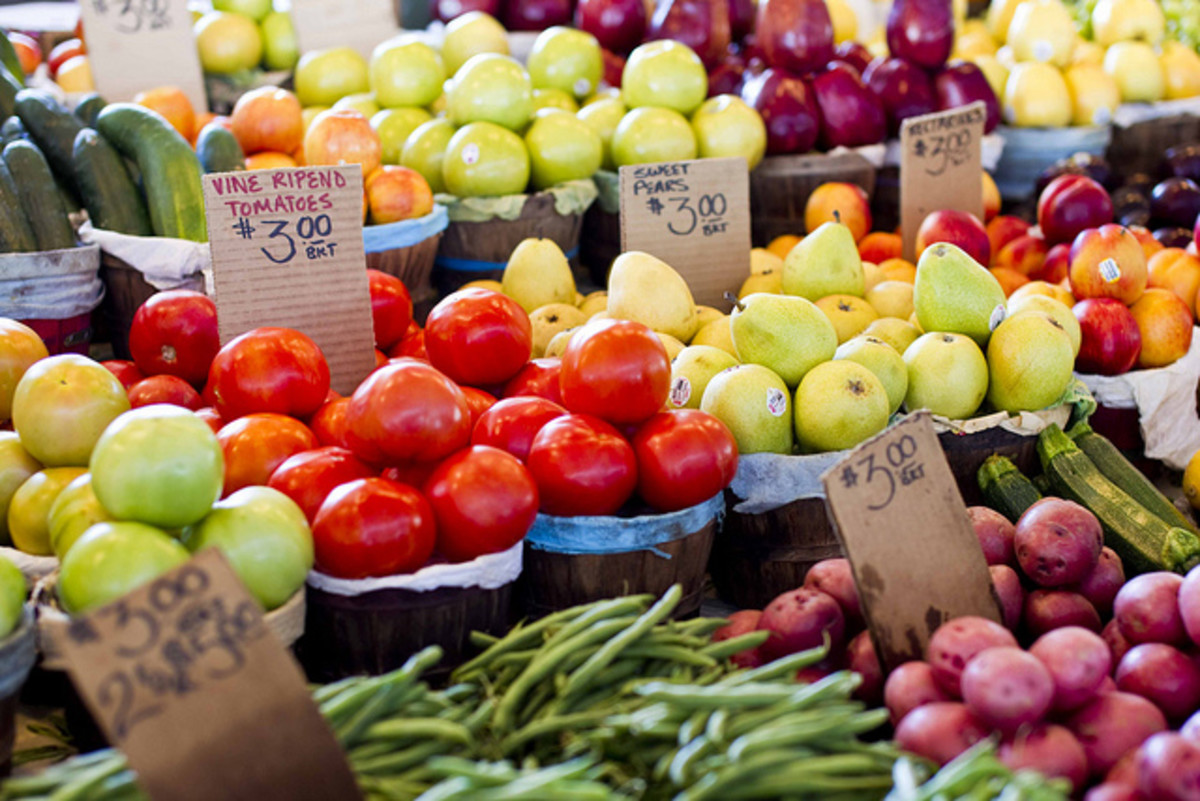Relationship Between Diet and Blood Pressure
hypertension risk
Hypertension is a major risk factor for the development of cardiovascular disease. Understanding the relationship between diet and blood pressure has important implications for the prevention and treatment of hypertension. Dietary modifications may obviate the need for drug theraphy, particularly in people with mild hypertension.
Nutritional Factors Associated with Essential Hypertension
Nutritional factors that may contribute to the development of essential hypertension include obesity, high sodium intake, and excessive alcohol consumption.
Obesity
Epiemiologic evidence suggests that in industrialized societies, obesity is a major risk factors in the development of hyoerrtension. The exact cause-and-effect relationship between obesity and hypertension is not clearly understood, but increased cardiac output and sodium retension related to elevated insulin levels may play a role. The beneficial effects of weight reduction in hypertensive individuals have been clearly documented. Controlled dietary intervention trials have estimated that a mean reduction in body weight of 9.2 kg is associated with a 6.3 mm Hg reduction in systolic blood pressure and a 3.1 mm Hg reduction in diastolic blood pressure.
Dietary Sodium Intake
Research clearly shows that population groups high-sodium diets have an increased occurence of hypertension. Although certain patients exhibit a small reduction in blood pressure in response to moderate sodium restriction (2 to 3 grams per day), some may not. Based on results of sodium depletion and sodium loading studies, approximately 30 to 50 percent of hypertensive as salt-sensitive. Thus, not all individuals with hypertension respond to reduced dietary sodium intake intended to lower their blood pressure. Currently, no clear method exists for identifying those hypertensive patients most likely to benefit frrom sodium restriction. Therefore, initially a low-sodium diet is prescribed for most hypertensive patients.
Dietary Potassium Intake
An inverse correlation appeared to exist between potassium intake and blood pressure, especially in individuals consuming a high-sodium diet. Potassium supplementation can induce sodium and water excretion, thereby reducing blood pressure. Exactly why low potassium intake leads to elevated blood pressure in some individuals is still uncertain.
Dietary Calcium Intake
Individuals with hypertension tend to have a lower intake of calcium than do non-hypertensive individuals. Further, reductions in blood pressure achieved by increased calcium intake have been modest and inconsistent.
Alcohol Intake
Alcohol consumption in amounts over two-thirds per day is estimated to account for 5 to 7 percent of the diagnosed cases of hypertension. However, mechanism by which alcohol may affect blood pressure has not been established.

